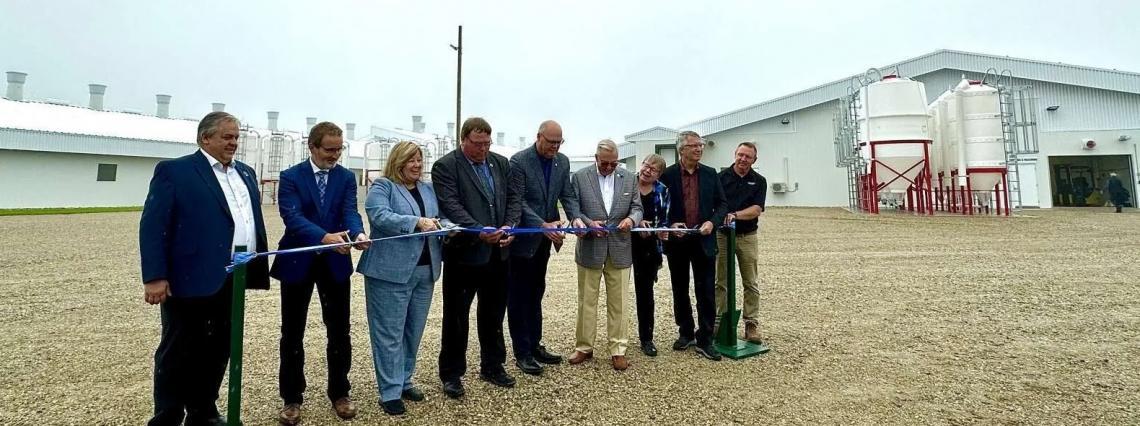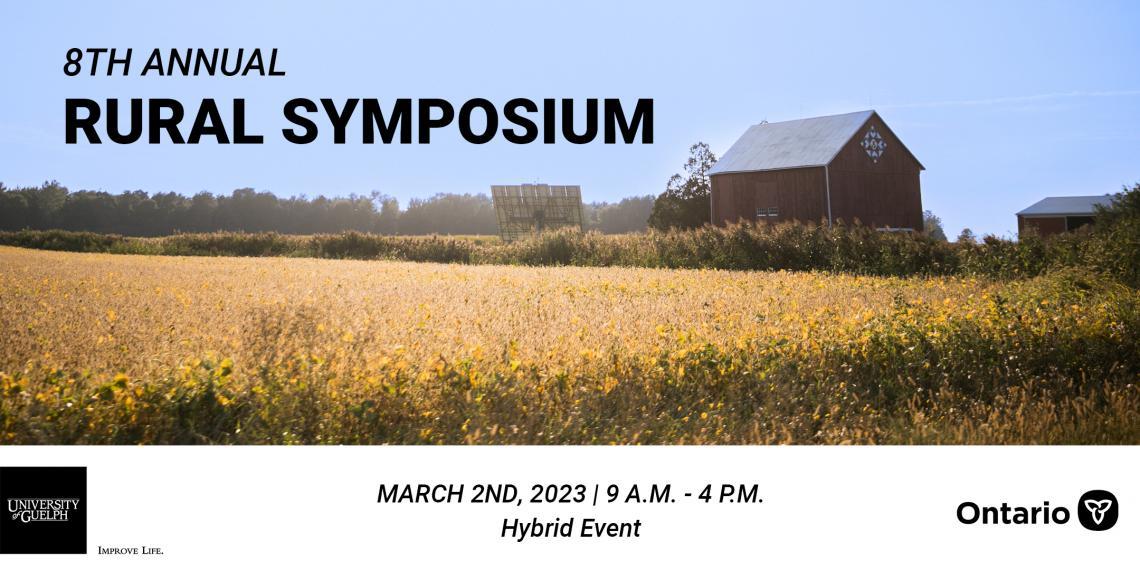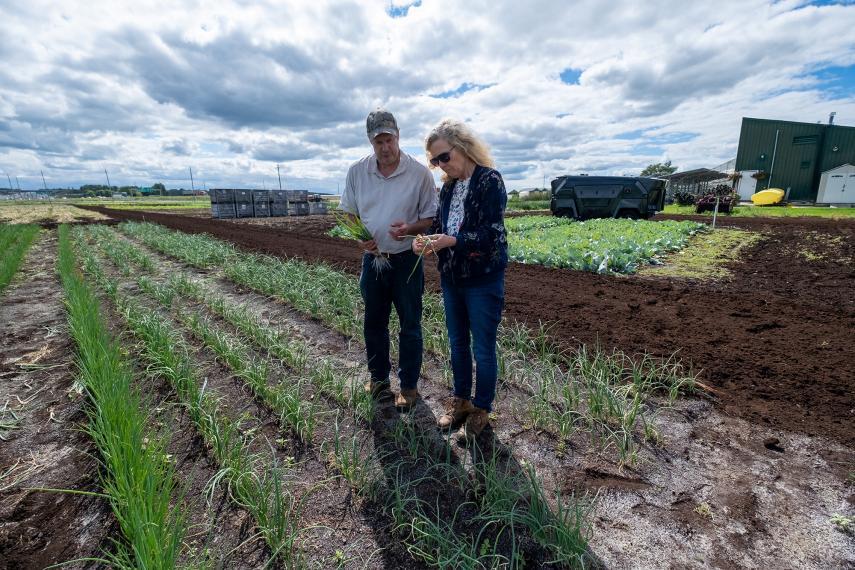U of G cultivates careers with new Master of Plant Agriculture program
Scheduled to start in Fall 2024, the new master of plant agriculture program will address the demands of employers in the private and public sectors who are looking for professionals with advanced expertise in plant breeding, crop production and plant science.



